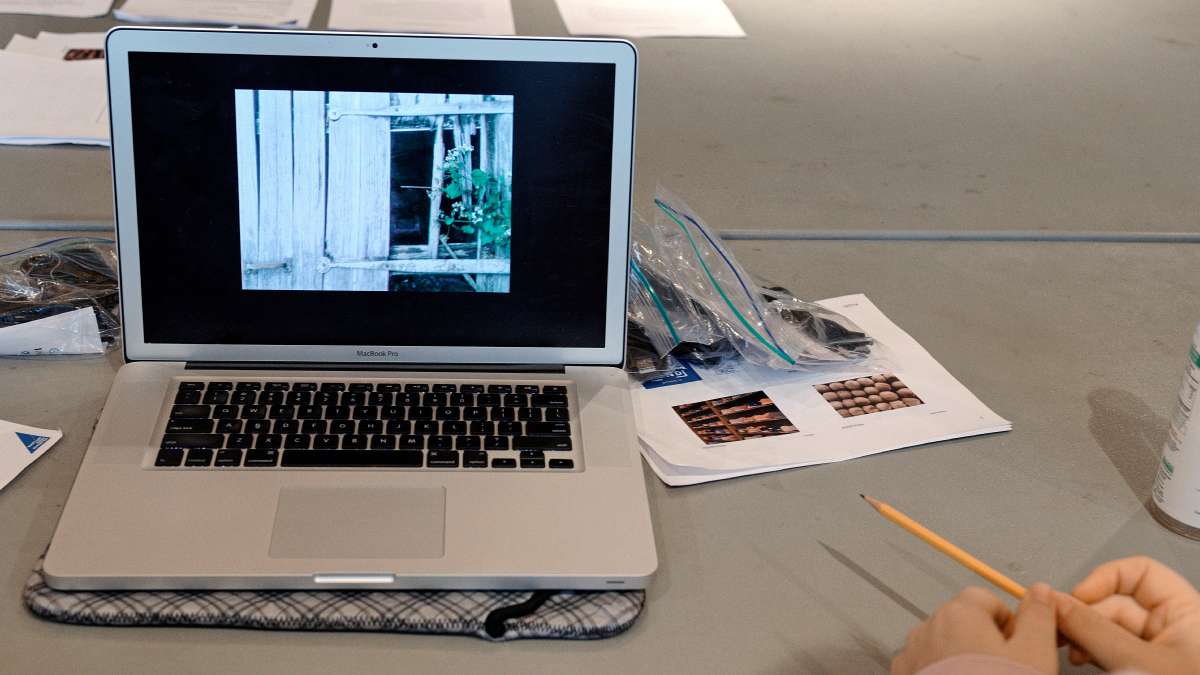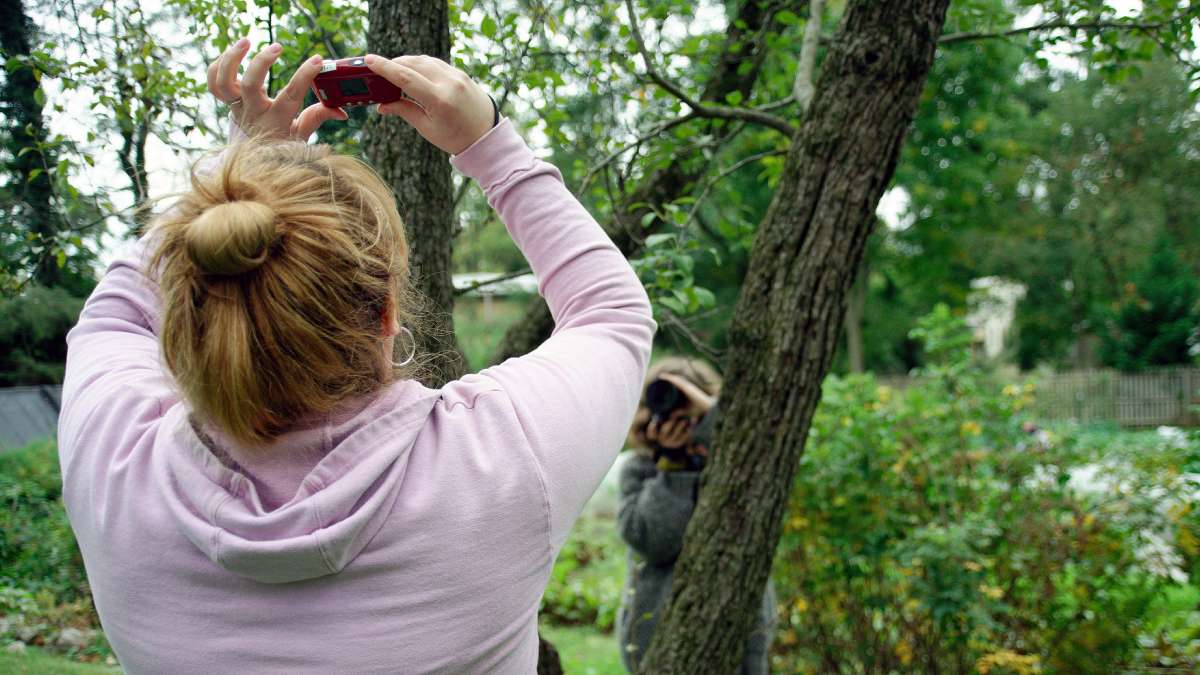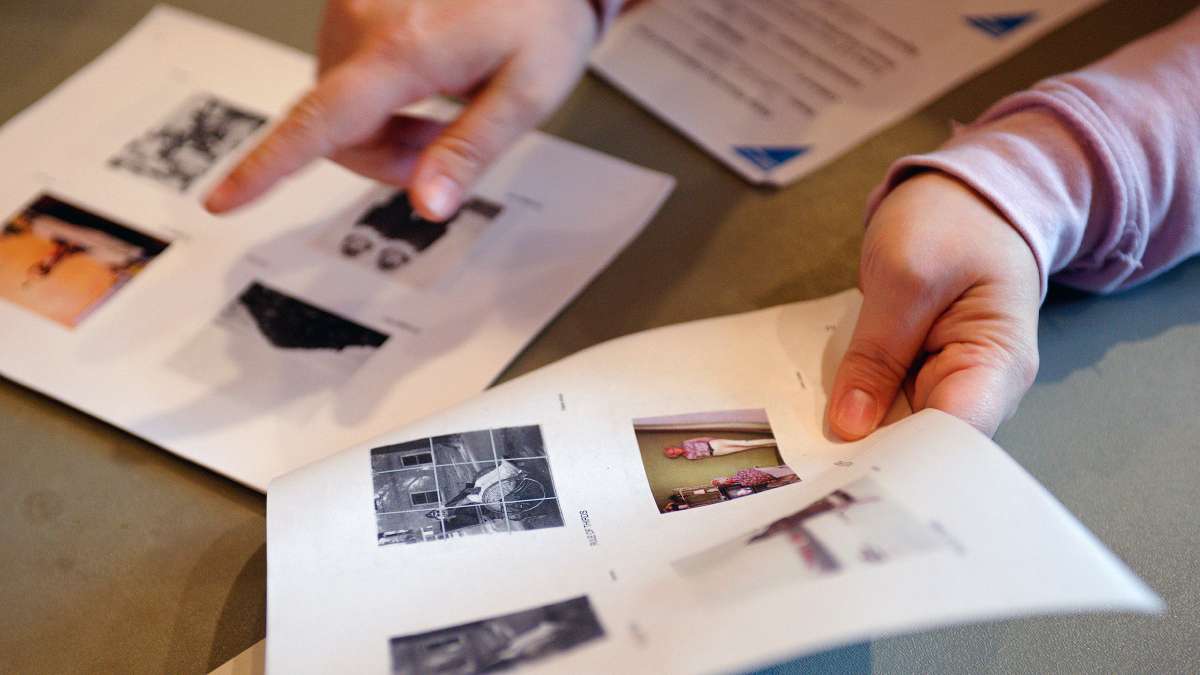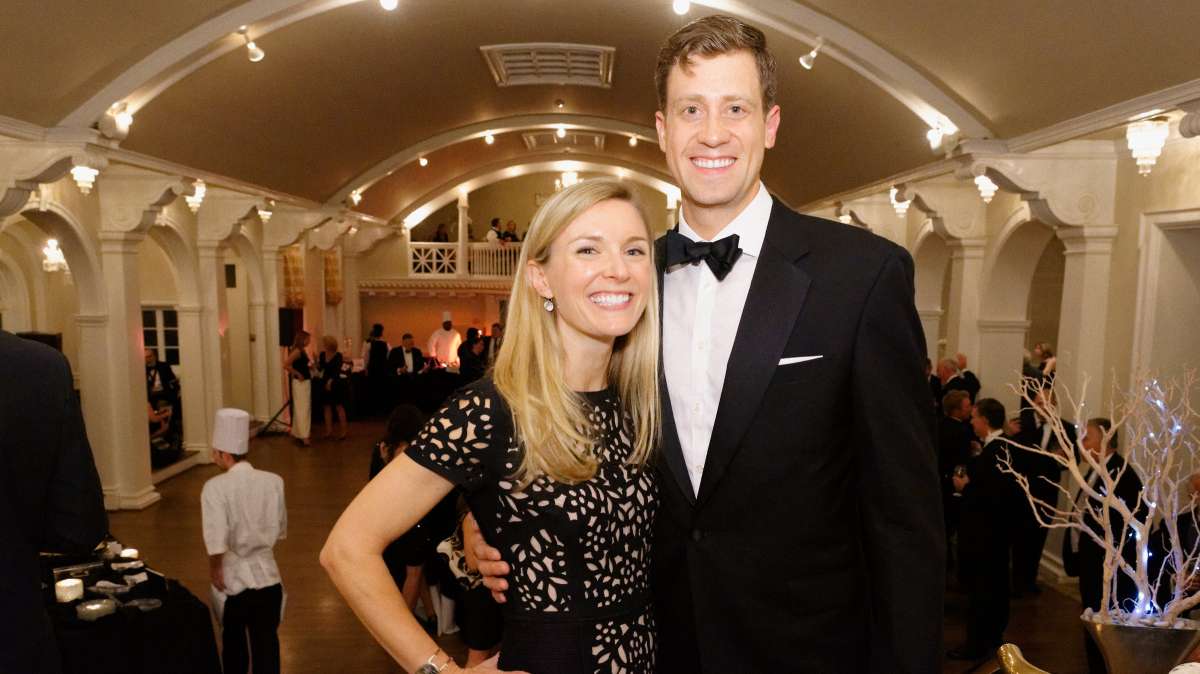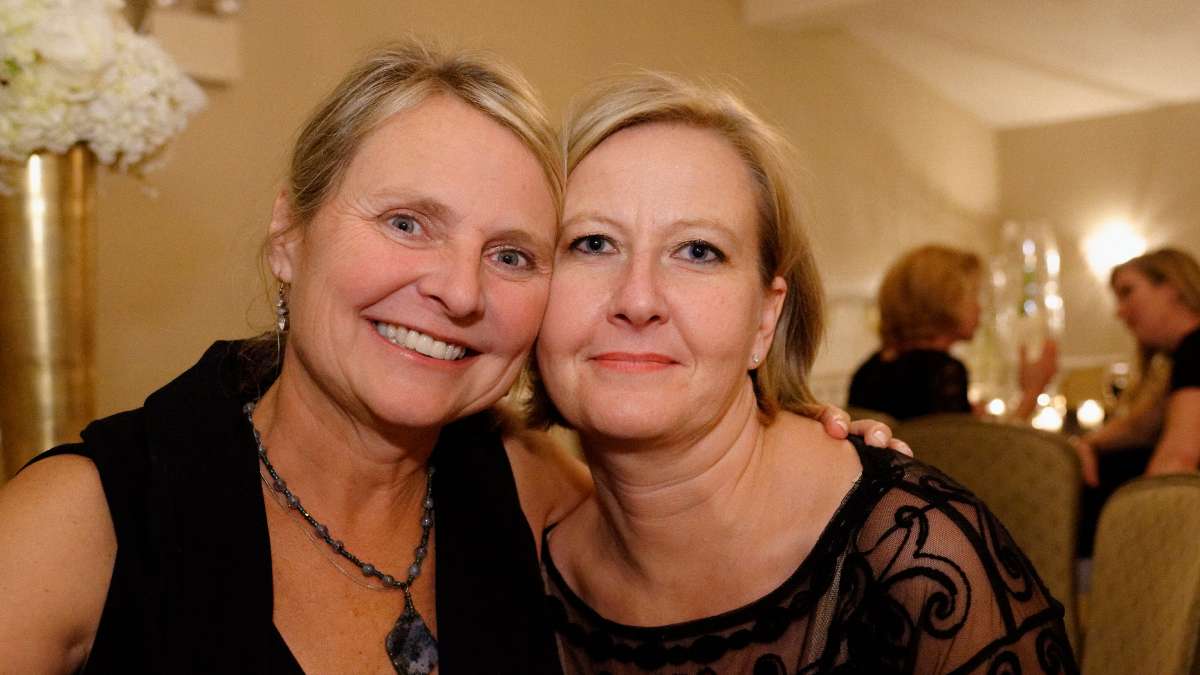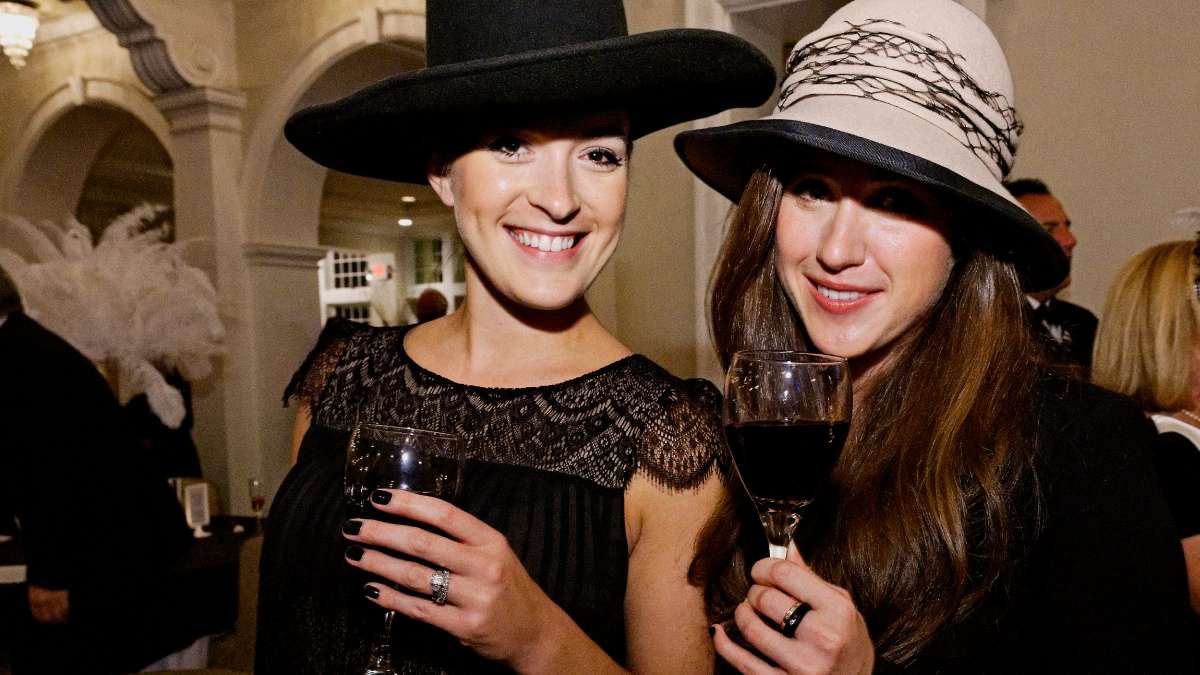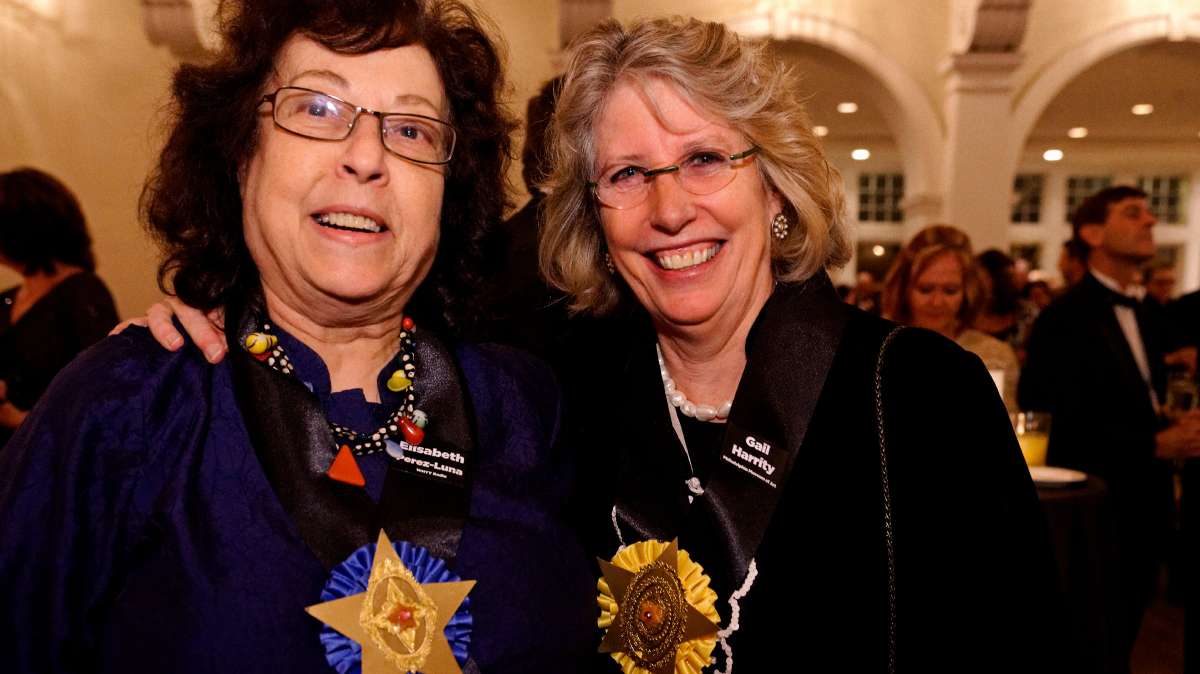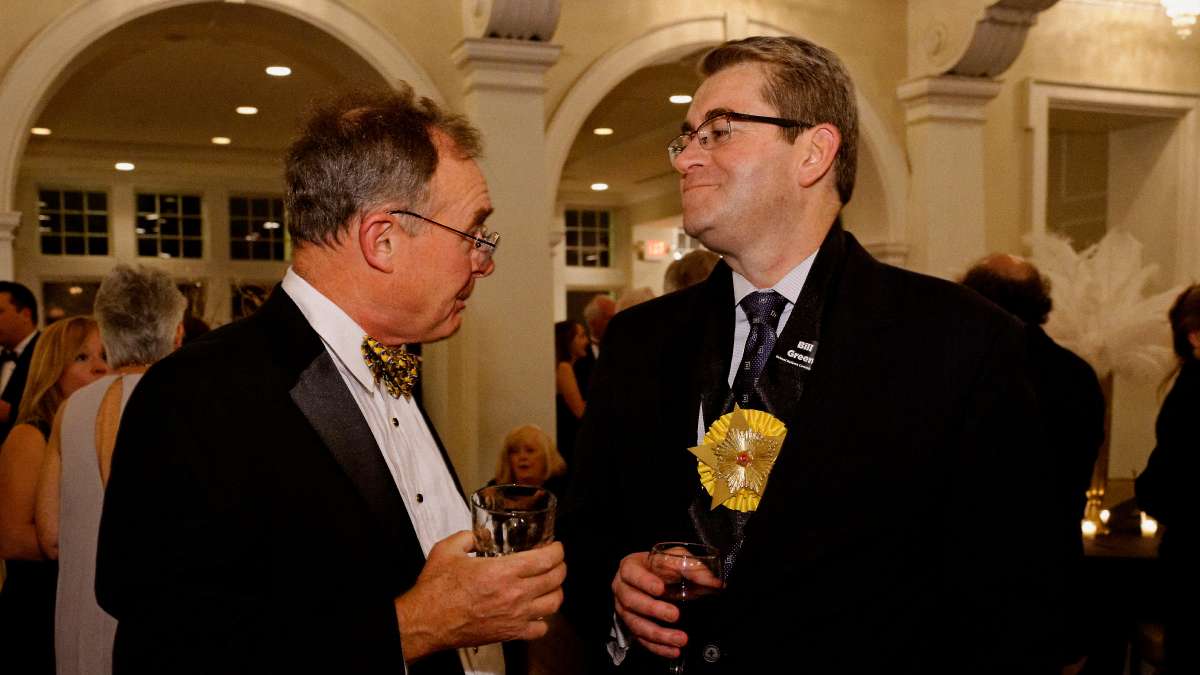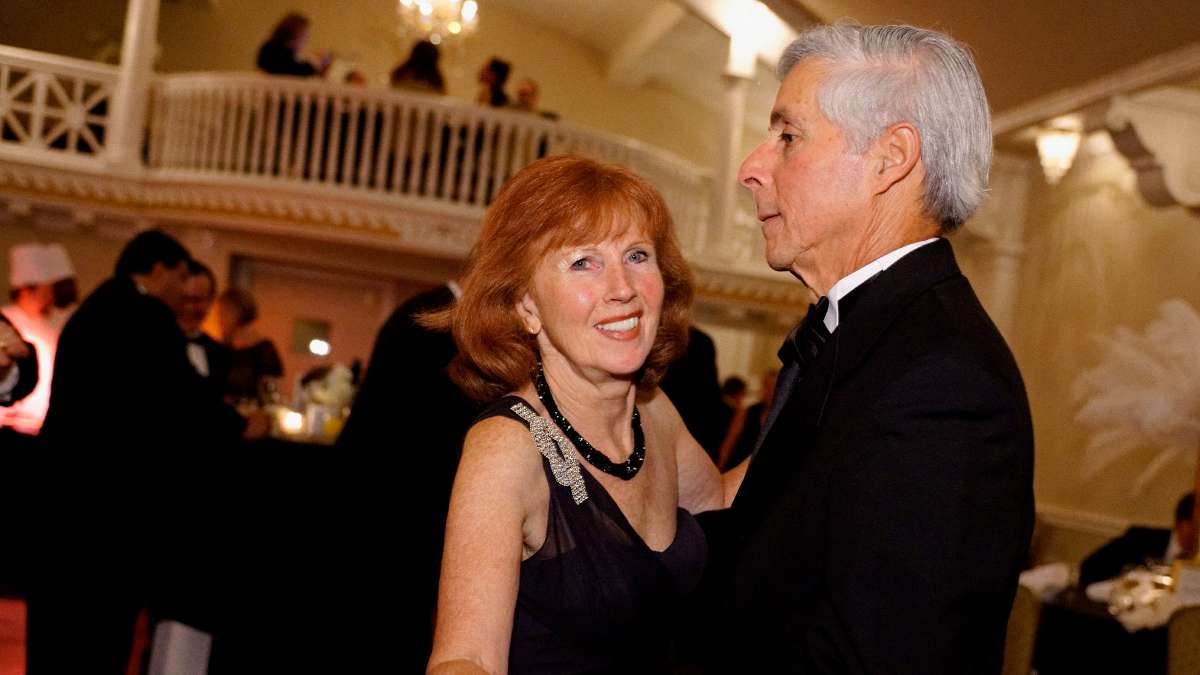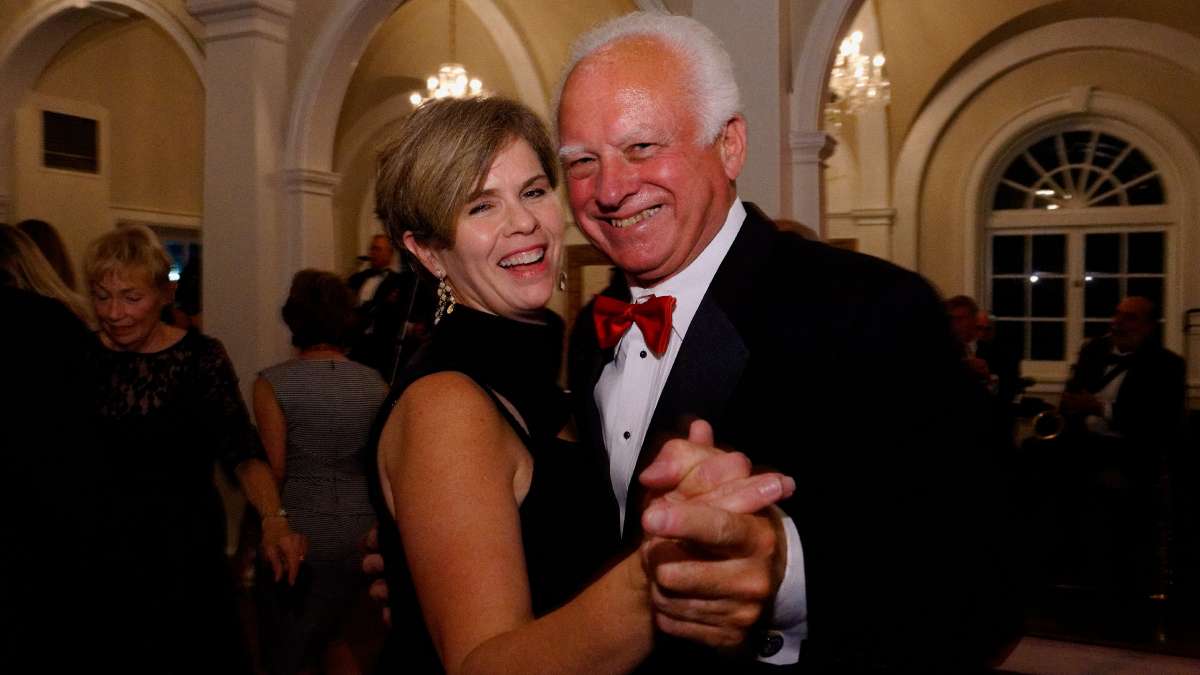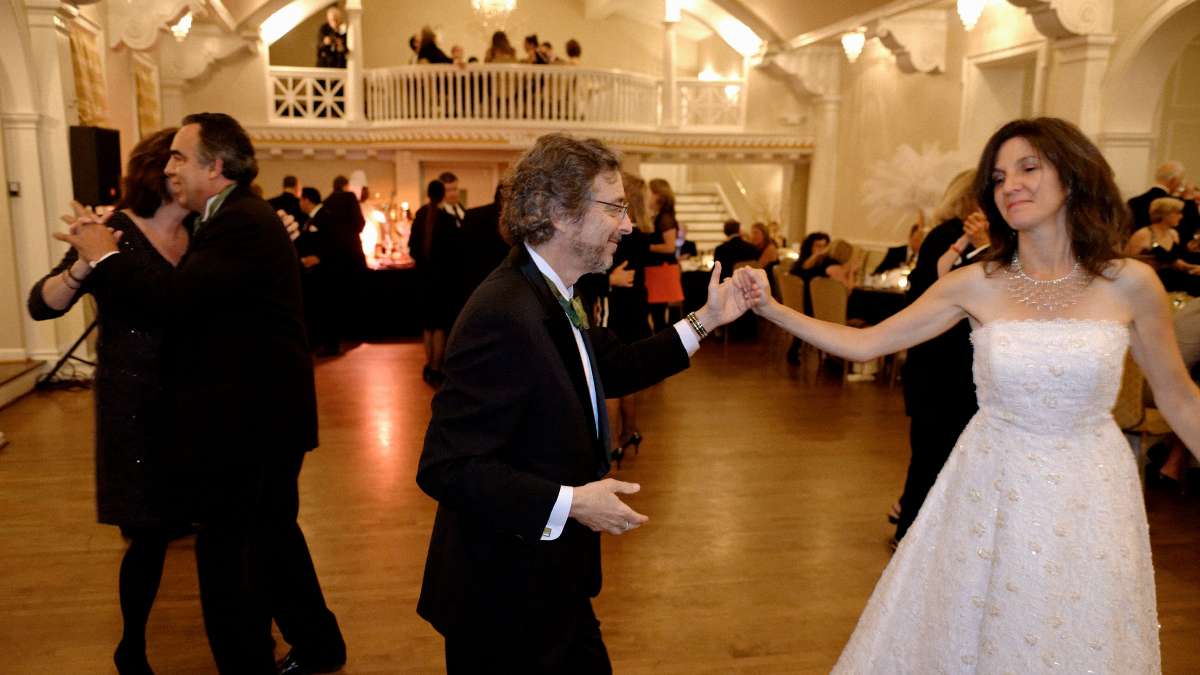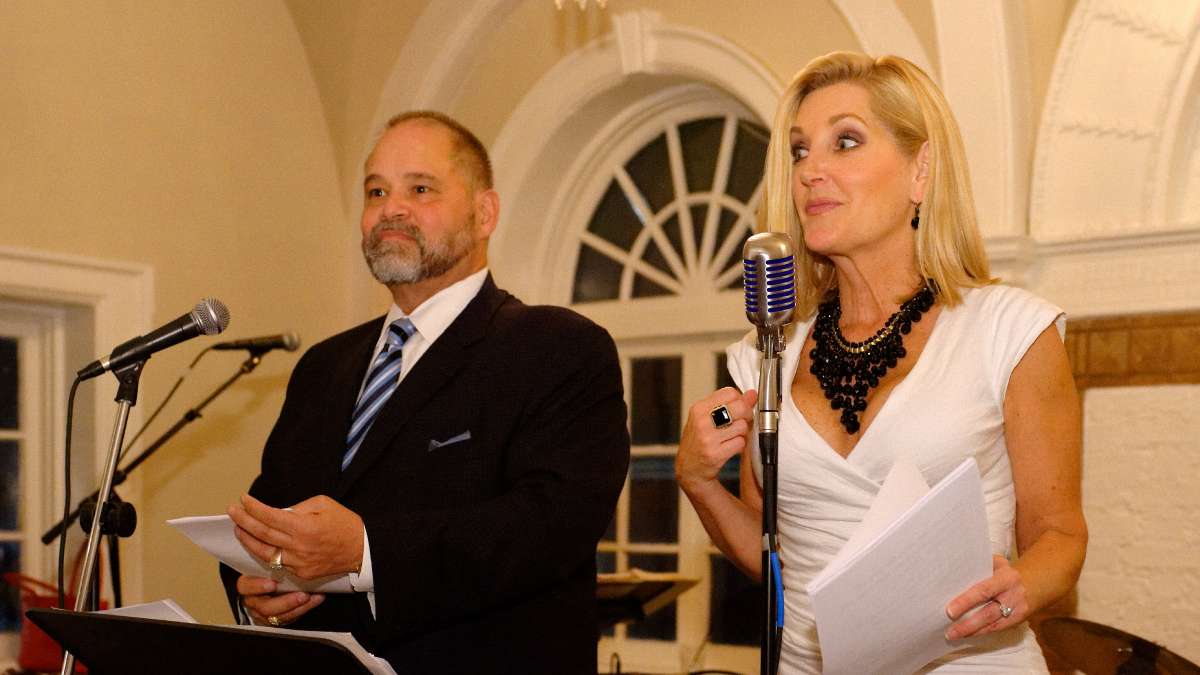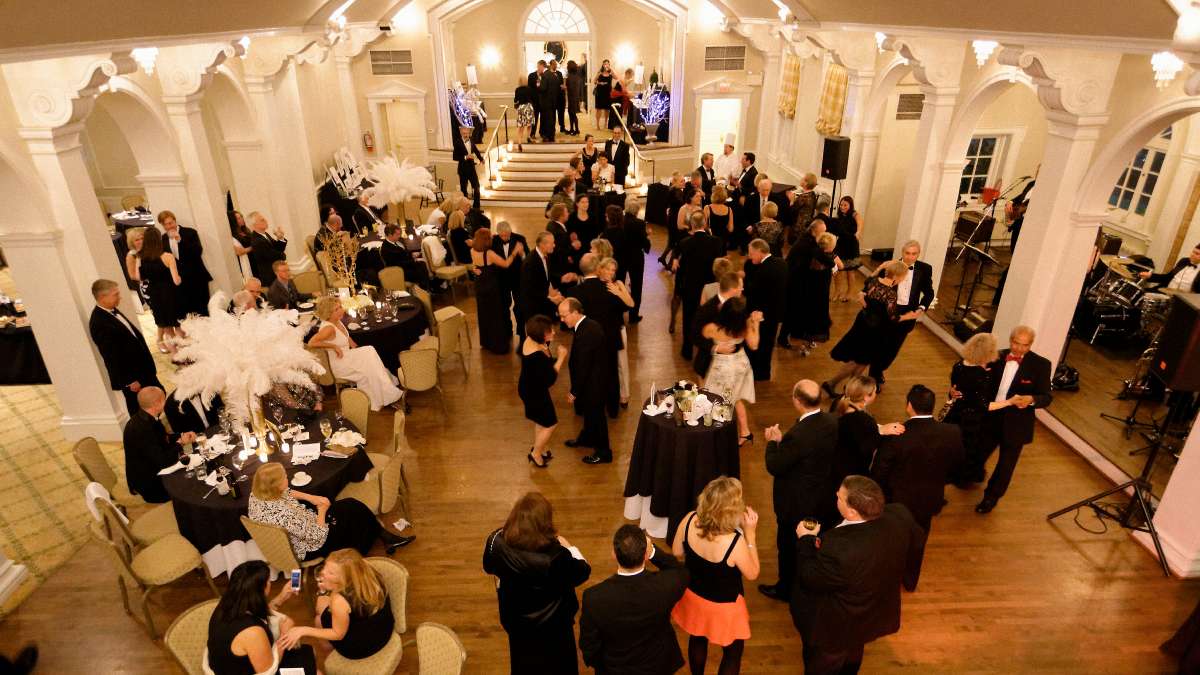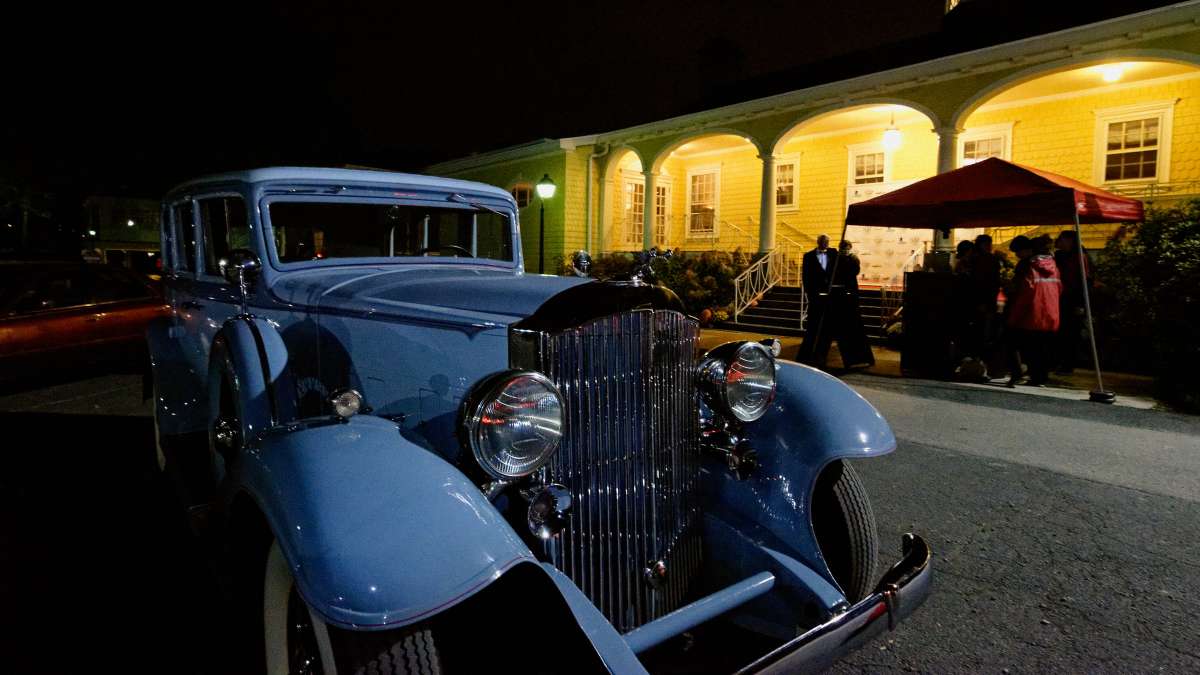Dead by 75 is fine for Zeke Emanuel, but the rest of us might savor old age
Zeke Emanuel wants to die when he’s 75. I respect Emmanuel’s opinion, but I do disagree. I only wish I could have taken him to the big Italian wedding I just attended back home.
Zeke Emanuel wants to die when he’s 75. Philadelphia’s genial bioethicist explains in the October issue of The Atlantic why he hopes his wish comes true.
Old age, he reminds us, is not for sissies. By age 80, 42 percent of men and nearly 50 percent of women will have a “functional limitation” of some sort — and that percentage is growing. He cites a USC study that asserts that, while we are living longer, we are also living more years with disease. A Harvard School of Public Health study reports increased depression and dementia among the elderly.
Our mental decline is at least as alarming as our physical decline. One in three Americans aged 85 and older has Alzheimer’s Disease. If we are lucky enough to escape this, we can still expect declines in mental processing, memory, focus and problem-solving ability.
Emanuel also cites a sharp decline in the productivity of creative people. A UC Davis study of age and creativity suggests that creativity peaks by the mid-forties, then enters a slow decline, with little happening after 60.
Then there are the family dynamics. Emanuel fears an old age where he will become a burden to his children, creating lasting memories of a fragile old man, instead of a vibrant senior at the top of his game. He feels that parents who live to advanced old age force their children to live too long in their shadow.
But equally important is what Emanuel doesn’t say. He is a strong opponent of euthanasia and assisted suicide. He isn’t advocating health care rationing. And he acknowledges that many people will disagree with him.
The case for old age
I respect Emanuel’s opinion, but I do disagree. I only wish I could have taken him to the big Italian wedding I just attended back home.
The bride was the daughter of my oldest friend, Ann. Her parents, Mr. and Mrs. Martino, were a second mom and dad to me.
Mr. and Mrs. Martino married at 18. Ann was born 10 months later. Mr. Martino did not go to college, and he always worked two jobs. I remember when Ann and I would play in the Martino family room. Mr. Martino would come home between jobs and stretch out on the floor beside us for a quick nap. Then Mrs. Martino would call down, “Johnny, wake up and eat your dinner. It’s time to go back to work.” He did this for 45 or 50 years.
Unlike Zeke Emanuel, Mr. Martino did not have to worry about his productivity fading with age. A blue-collar job doesn’t change much over the decades.
Mr. Martino is 80 now, and he’s fighting cancer. It’s metastasized to the bones in his skull. He doesn’t know how much time he has left, and his pain is severe. As we drove to his granddaughter’s wedding, I didn’t know what to expect when I saw my “second dad.”
Mr. Martino was in obvious pain. But he was also having the time of his life, surrounded by a hundred members of his extended family. That family runs to daughters. He and Mrs. Martino have three girls, seven of his 10 grandchildren are girls, and all four great-grandchildren, plus the fifth one on the way, are girls. So you could forgive him if he’d lost track of a few.
But no — Mr. Martino proudly briefed me on each child. “See that girl,” he pointed. “She wants to be a ballerina. And the one next to her — she just started gymnastics. The one there in the corner? She looks exactly like her mother did at that age.”
After he caught me up on the three younger generations, Mr. Martino and his wife got up with the other guests — to do the Twist.
Much to lose, but still much to gain
Mr. Martino, a traditional Italian Catholic, also expressed an opinion that I doubt he would have held as a younger man. “This gay marriage thing,” he volunteered. “What’s the big deal? If two people love each other, let them be. In the end, love is all that matters.”
Love is all that matters — not productivity, not creativity, not even perfect health.
Emanuel, in Hebrew, means “God is with us.” This is nowhere more evident than in Genesis, where God promises Abraham that his descendants will be “as numerous as the stars.” In the twilight of his life, Mr. Martino is bathed in the beauty of a starlight of his own creation. That light is a reflection of the love for and from family that has grown in his heart for 8o years.
My wish for Zeke Emanuel is that he doesn’t get his wish. For though the decline of old age is inevitable, there may be surprises — gaining wisdom and understanding, learning to handle pain and loss with grace, and maybe even catching a little ballerina’s recital — that we won’t want to miss.
WHYY is your source for fact-based, in-depth journalism and information. As a nonprofit organization, we rely on financial support from readers like you. Please give today.




